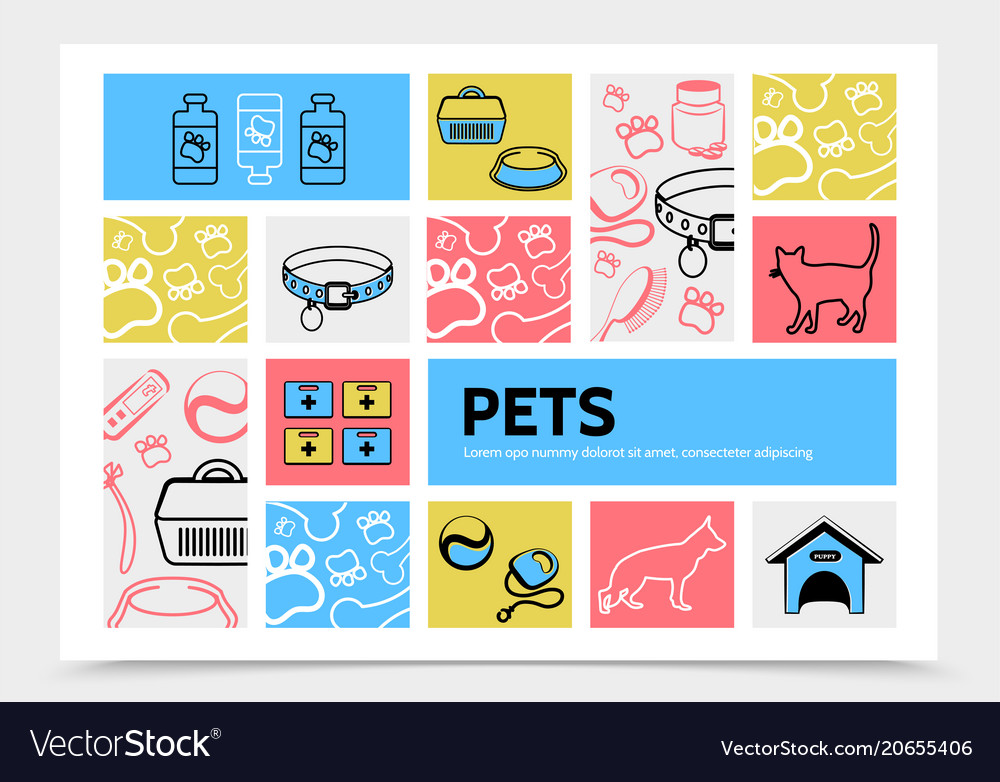Is Dog Daycare Safe
Is Dog Daycare Safe
Blog Article
Can Pet Dog Childcare Cause Ailment?
Opportunities are that if your canine is frequently exposed to various other canines, even if they're properly immunized, they may return with some type of illness. Inoculations, regular vet appointments, and good health methods can minimize threat elements for infection and condition.
Emphasized or anxious dogs can develop gastrointestinal problems and other health problems that are quickly spread between canines. Establishing age limitations and behavioral guidelines can assist make sure that just healthy and balanced pet dogs enter your facility.
Distemper
Canine distemper is a major and frequently fatal infection that strikes a pet's respiratory system, digestive system, skin and body immune systems. Pups are specifically at risk and can get the illness via straight contact with a contaminated pet or with the air-borne transmission of virus bits released throughout coughing, sneezing or taking a breath.
The incubation duration for canine distemper is between 3 and 7 days. While young puppies at day care may appear to capture parvo from an additional contaminated pet dog, it's not likely because the incubation period is so brief.
While there is no remedy for canine distemper, helpful care can help dogs recover. This consists of liquids, anti-biotics and medicines to manage seizures. The Drake Center for Vet Treatment notes that signs include dripping eyes and nose, looseness of the bowels, vomiting, loss of appetite and neurological problems such as twitching and shakes. Young puppies need a full inoculation collection and yearly boosters to shield them versus this illness, which is why trusted doggie childcare facilities require current vaccinations.
Kennel Cough
Kennel Coughing (Dog Infectious Tracheobronchitis) is a very infectious upper respiratory system problem caused by microorganisms and viruses. It spreads via airborne beads from a cough or sneeze, direct call, and sharing of polluted objects such as playthings or water bowls. It is native in places where several pets are housed close together, such as kennels, canine parks, grooming hair salons and shows. Numerous injections are boarding kennels for dogs near me offered to protect versus the microorganisms that cause kennel cough, and correct health practices can aid stop infection.
The classic symptom is a completely dry, hacking coughing similar to that of a goose honk, and the majority of pet dogs recover with little intervention. Nonetheless, serious cases can bring about pneumonia, and young puppies or dogs with pre-existing ailment go to higher threat for issues. To accelerate recovery, use a harness as opposed to a collar while your pet dog is recuperating to prevent irritation to the windpipe. A humidifier might also aid to dampen the air and prevent completely dry coughing.
Parvovirus
Parvovirus (CPV) is a serious illness in pets. It is similar to feline panleukopenia (feline distemper), yet it's much more harmful and can spread promptly among pets because of its exceptionally durable nature.
This infection assaults the intestinal tract lining of a pet dog, destroying it and triggering bacteria to dismiss into the bloodstream. The damaged immune system and frustrating bacteria bring about septic shock, which is normally fatal.
The good news is, veterinary health centers provide reliable treatment for parvovirus. These drugs are offered directly right into a patient's blood stream and targeted towards the certain strain of parvovirus. This therapy technique is very efficient and helps re-train the immune system to eliminate off the infection. Dogs with extreme symptoms are usually hospitalized for several days for tracking and extensive care to guarantee their survival. Young puppies, unvaccinated dogs and canines with weak body immune systems are particularly prone to parvovirus. This is specifically true for young puppies birthed to stray moms and sanctuary environments, where they are subjected to several other ill and at risk dogs.
Dog Flu
Canine influenza (CIV) is an infectious respiratory system disease that can be triggered by pets sharing contaminated surfaces or straight contact with respiratory system secretions. CIV spreads easily in atmospheres where there are high varieties of dogs, such as canine parks, day cares, grooming facilities and veterinary facilities.
Contaminated dogs dropped the infection via aerosol respiratory droplets when coughing or sneezing, and might infect objects they come into contact with like cages, playthings, food bowls, chains and the hands and clothing of people who manage them. Dogs can also be "silent providers" spreading out the infection without showing any symptoms themselves.
Symptoms of canine influenza include nose and eye discharge, cough, fever, loss of appetite, and weakness. The infection can advance to pneumonia, which can be deadly in some pets. PCR viral testing is available for confirmation of infection. Ideally, examples (generally deep nasal or pharyngeal swabs) for PCR screening should be collected within 4 days of the beginning of professional indicators.